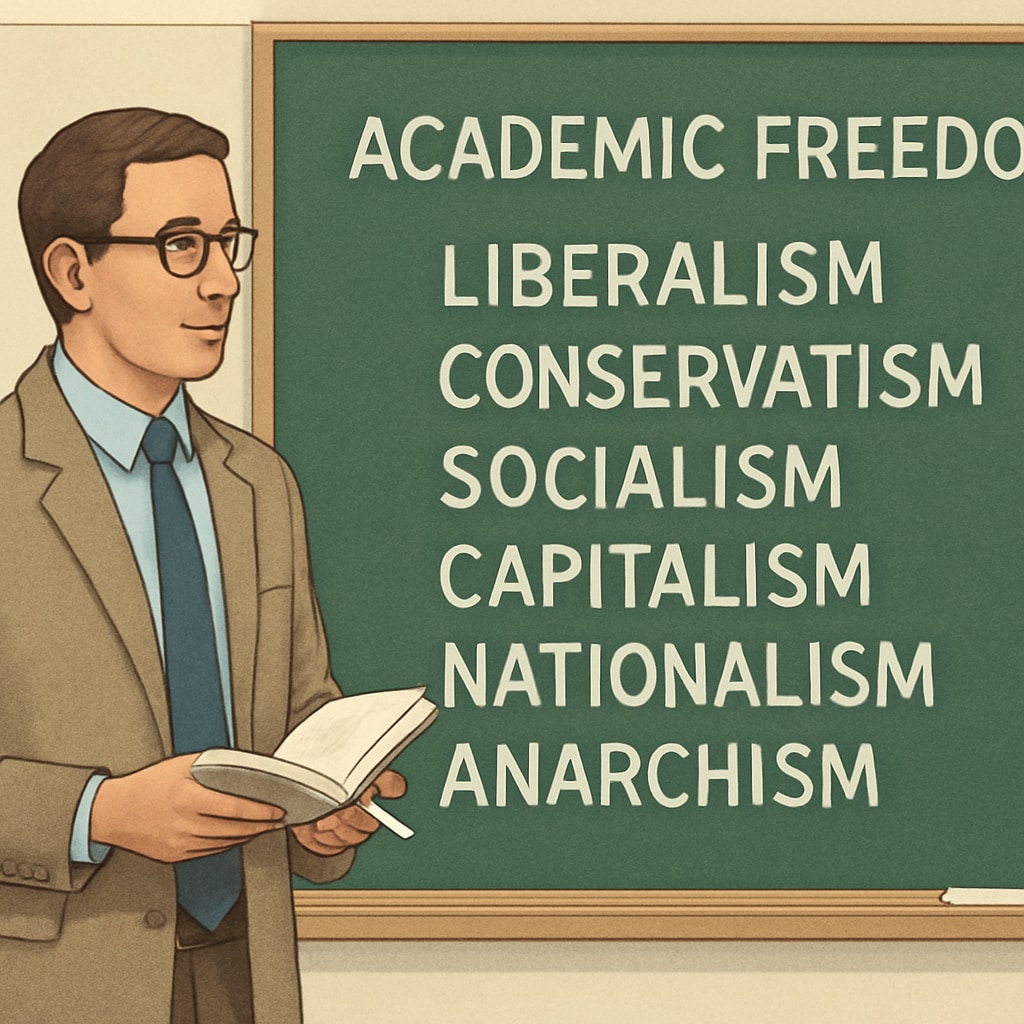In a surprising move, Oklahoma has introduced political stance screening as part of the application process for out-of-state teachers. This controversial policy has ignited debates surrounding educational fairness, diverse thought, and academic freedom. By intertwining political ideology with hiring practices, Oklahoma’s approach raises important questions about the role of politics in education and its potential consequences.
Why Political Screening in Teacher Applications Is Concerning
Oklahoma’s decision to incorporate political stance assessments into teacher hiring has garnered criticism from educators and policy analysts alike. This measure ostensibly aims to align incoming teachers with the state’s values, yet critics argue it risks creating a homogenized ideological landscape in schools, undermining the principles of diversity and inclusion. For example, a teacher applicant with differing political beliefs might be excluded, even if they possess exemplary qualifications and experience.

Moreover, this policy could deter qualified educators from applying altogether, exacerbating teacher shortages—a problem already plaguing many states. According to research from Britannica, fostering diverse perspectives is vital for creating well-rounded educational environments. Political stance assessments, however, may limit this diversity, ultimately impacting students’ ability to develop critical thinking skills.
The Implications for Academic Freedom and Teacher Autonomy
Academic freedom—the ability to teach and discuss ideas without fear of political retaliation—is a cornerstone of effective education. By introducing political stance screening, Oklahoma risks eroding this freedom, as teachers may feel pressured to conform to specific ideologies rather than providing unbiased, comprehensive instruction. This could hinder students’ exposure to diverse viewpoints, limiting their intellectual growth.
Additionally, the policy raises ethical concerns about teacher autonomy. Educators should be valued for their professional expertise, not their political affiliations. As noted by the Wikipedia entry on academic freedom, imposing ideological conformity on educators can lead to self-censorship and a narrower curriculum, depriving students of opportunities to engage with complex societal issues.

Balancing Educational Integrity with State Values
While states have the right to promote values they deem important, doing so through political stance screening risks undermining the integrity of the educational system. Instead of fostering critical thinking and open dialogue, these measures may create echo chambers, where only state-approved beliefs are deemed acceptable. This could alienate students and parents who hold differing viewpoints, weakening trust in public education.
To navigate this delicate balance, states should focus on inclusive hiring practices that prioritize qualifications, experience, and teaching ability over political ideology. Encouraging diverse perspectives in classrooms not only enriches students’ learning experiences but also prepares them to navigate an increasingly complex and interconnected world.
Conclusion: A Call for Inclusive Educational Policies
Oklahoma’s political stance screening for teacher applicants highlights the growing intersection of education and politics—one that demands careful consideration. While promoting state values is an understandable goal, it should not come at the expense of fairness, diversity, and academic freedom. Policymakers must recognize the importance of creating open and inclusive educational environments that prioritize the needs of students over political agendas.
Ultimately, education thrives on the free exchange of ideas, and hiring practices should reflect this principle. As debates continue, it is crucial for stakeholders to advocate for policies that safeguard the integrity of the educational system and ensure that teachers are hired based on their ability to inspire and educate, not their political affiliations.


